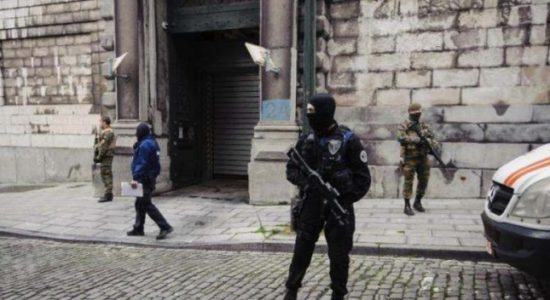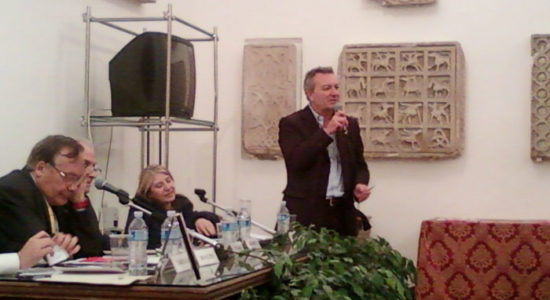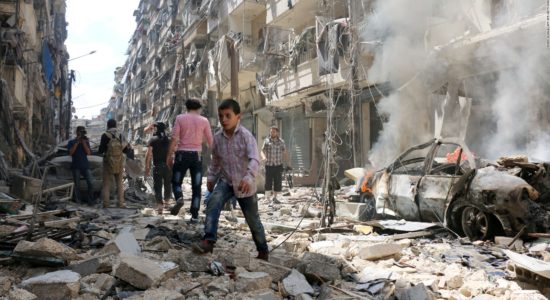Di Tullio – CEUQ su riforma Madia diritti compressi e benefit elargiti ai manager
Eecpress. Di Tullio Presidente Ceuq. La riforma Madia comprime i diritti di migliaia di Dirigenti Pubblici contrattualizzati mentre continua ad elargire benefit ai manager pubblici gestiti dalla politica. Basta con…










